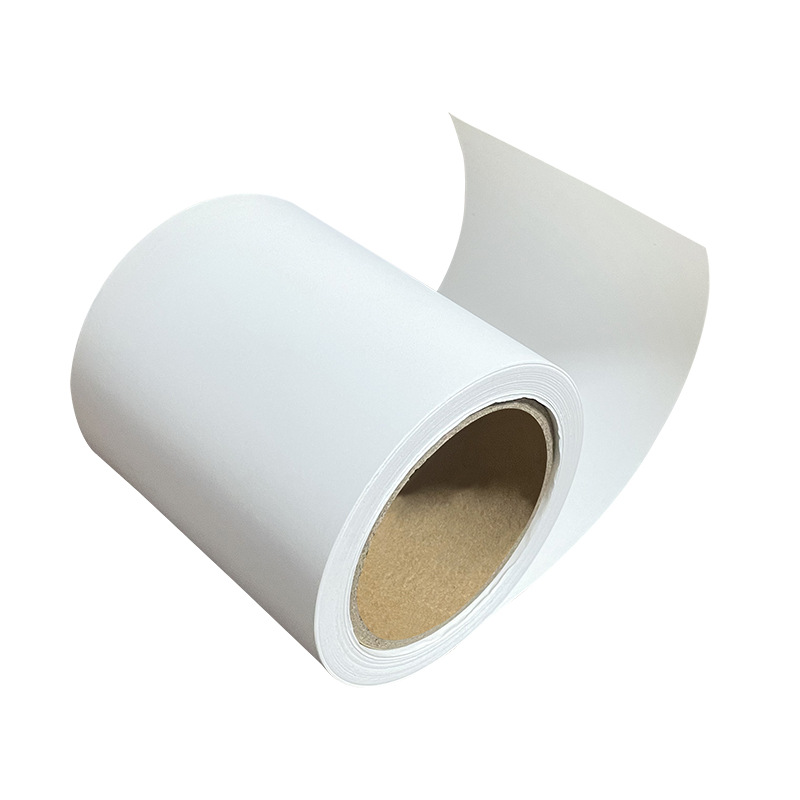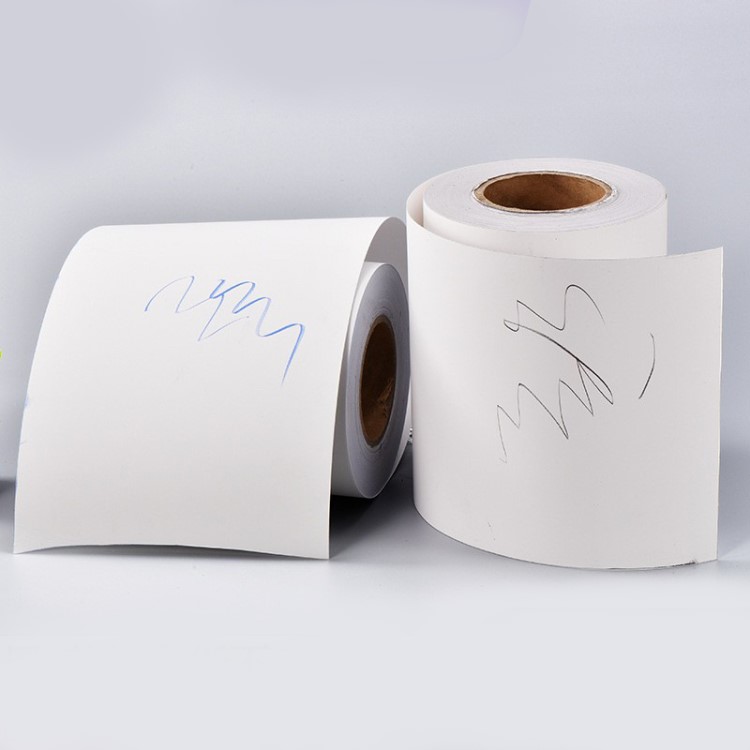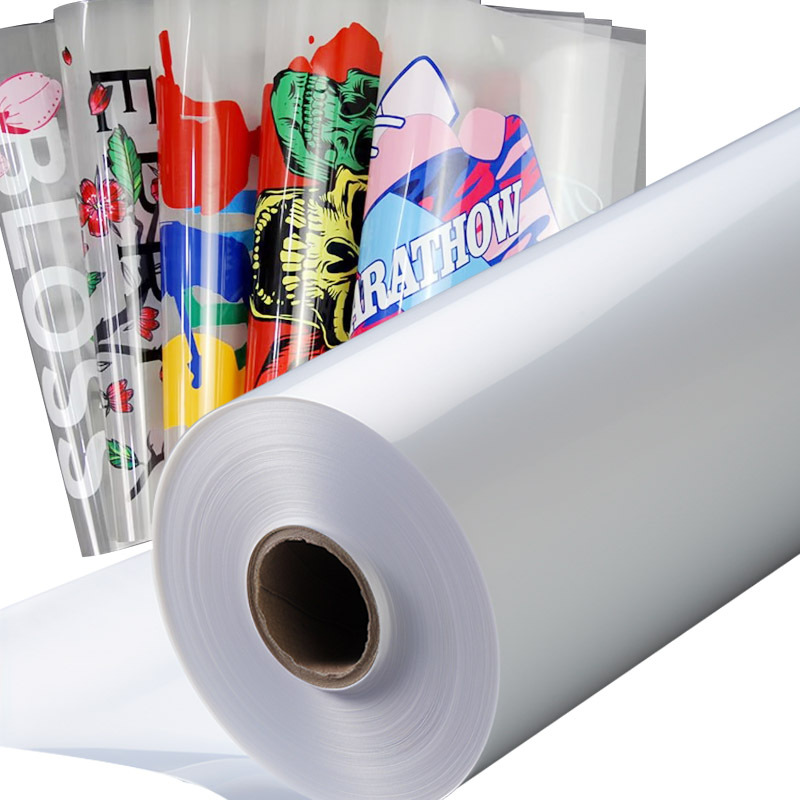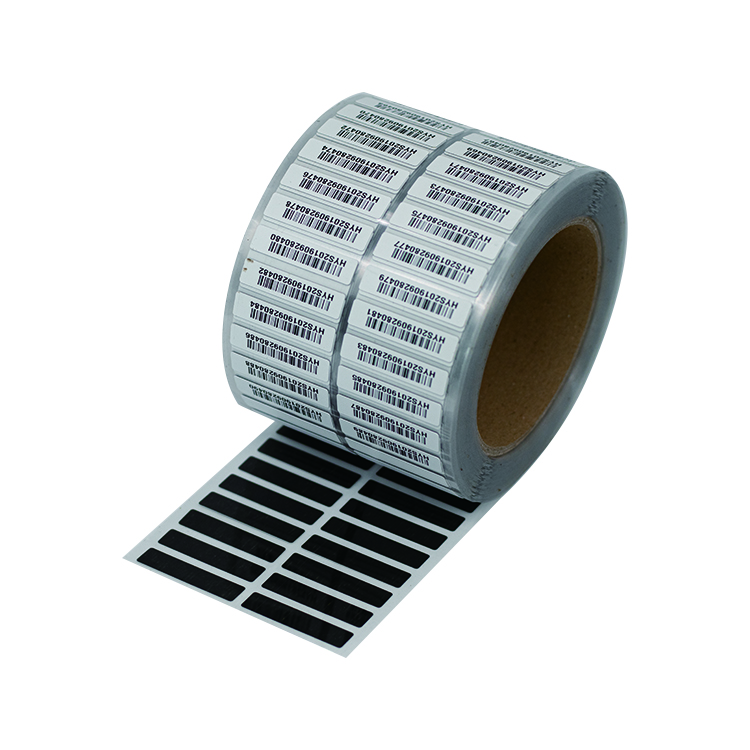Differences between High-Temperature Resistant Labels and Regular Barcode Labels
Sticker labels play a crucial role in various industries, providing identification, tracking, and information display capabilities. However, not all labels are created equal. High-temperature resistant labels and regular barcode labels differ significantly in their composition, durability, and performance. In this article, we will explore the key distinctions between these two types of labels.
Composition
High-temperature resistant labels are specifically designed to withstand extreme heat conditions. They are typically made from materials such as polyimide or ceramic, which possess exceptional thermal stability. In contrast, regular barcode labels are commonly composed of paper or synthetic materials like polyester or polypropylene.
Durability
One of the primary differences between high-temperature resistant labels and regular barcode labels lies in their durability. High-temperature resistant labels are engineered to withstand prolonged exposure to extreme temperatures, such as those encountered in industrial processes like metalworking or automotive manufacturing. These labels can endure temperatures ranging from 400 to 1200 degrees Celsius without deteriorating, ensuring that the information they carry remains intact and legible.
On the other hand, regular barcode labels are not designed to withstand such high temperatures. They are suitable for standard operating conditions, typically ranging from -20 to 80 degrees Celsius. Exposing regular barcode labels to extreme heat can cause the adhesive to weaken, leading to label detachment or illegibility.
Adhesive
The adhesive used in high-temperature resistant labels is specifically formulated to withstand extreme temperatures. It is designed to provide strong bonding even in challenging environments, ensuring that the label remains securely attached to the surface. This adhesive is resistant to heat, chemicals, and other harsh conditions, making it ideal for applications where regular barcode labels would fail.
Regular barcode labels, on the other hand, use adhesives suitable for standard operating conditions. These adhesives offer good initial tack and bond strength, ensuring proper adhesion to various surfaces. However, they may not perform well under high-temperature conditions, leading to label failure.
Application
The application of high-temperature resistant labels is prevalent in industries that involve extreme heat, such as aerospace, automotive, and metalworking. These labels are used for identification, tracking, and traceability purposes, ensuring that critical information remains visible and intact throughout the manufacturing process.
Regular barcode labels find extensive use in a wide range of industries, including retail, logistics, and healthcare. They are primarily employed for product labeling, inventory management, and asset tracking. However, they are not suitable for applications where high temperatures are involved.
Conclusion
In summary, high-temperature resistant labels and regular barcode labels differ significantly in their composition, durability, adhesive properties, and application areas. High-temperature resistant labels are specifically designed to withstand extreme heat conditions, offering exceptional durability and adhesion. Regular barcode labels, although versatile for standard operating conditions, are not suitable for high-temperature environments. Understanding the distinctions between these two types of labels is crucial for selecting the appropriate label solution based on specific industry requirements.
We offer comprehensive technical support, including free professional labeling solutions, advice on label materials and adhesive selection, as well as online/offline assistance from professional software and hardware engineers. Service email: andy@ownlikes.cn. In pre-sales, we leverage our extensive experience in specialty labeling projects to provide clients with the most suitable hardware solutions. Additionally, all our label barcode printers and scanners come with a three-year free warranty, demonstrating our confidence in our products.






This site is protected by reCAPTCHA and the Google Privacy Policy and Terms of Service apply.